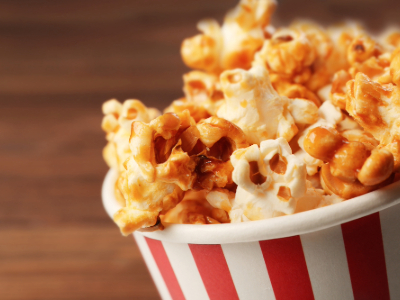While marketing is a crucial aspect of promoting products and services, there have been instances in history where marketing strategies fell short and resulted in less than desirable outcomes. Here are some examples of marketing ideas throughout history that are often considered as missteps or failures:
1. New Coke (1985): In an attempt to compete with Pepsi’s growing popularity, The Coca-Cola Company introduced New Coke, a reformulated version of their classic Coca-Cola formula. However, the new taste was met with overwhelming backlash from loyal Coca-Cola consumers. The public outcry and negative response forced the company to reintroduce the original formula as Coca-Cola Classic just months later.
2. The Ford Edsel (1957-1960): Ford’s Edsel was intended to be a revolutionary car model, but it suffered from poor market research and mismatched consumer expectations. The marketing campaign for the Edsel was extravagant and hyped up the car’s features, but the vehicle itself failed to live up to the hype. It became synonymous with failure and lost significant amounts of money for Ford.
3. Pepsi’s Kendall Jenner Ad (2017): Pepsi released an advertisement featuring Kendall Jenner participating in a protest-like scene, presenting a can of Pepsi to a police officer as a symbolic gesture of unity. The ad was criticized for trivializing serious social issues and using protest imagery for commercial gain. It faced widespread backlash and was ultimately pulled due to its insensitivity and lack of understanding.
4. McDonald’s Arch Deluxe (1996): McDonald’s introduced the Arch Deluxe burger, targeting adult consumers with a more sophisticated taste. The marketing campaign emphasized the burger’s premium ingredients, but it failed to resonate with customers. The product didn’t meet sales expectations, and the marketing approach was criticized for not aligning with McDonald’s traditional brand image and audience.
5. Coors’ Rocky Mountain Spring Water (1990s): In an attempt to diversify its product line, Coors Brewing Company launched Rocky Mountain Spring Water, a non-alcoholic beverage. The product failed to gain traction, as consumers were not convinced that a beer company could provide a credible alternative in the bottled water market. Coors eventually discontinued the line due to poor sales.
6. Microsoft’s Windows Vista (2007): The release of Windows Vista was plagued with marketing and technical issues. The advertising campaign focused heavily on the operating system’s features and visuals, but failed to address compatibility problems and the high system requirements. The negative perception of Vista’s performance and usability significantly impacted its adoption rate and led many users to stick with the older Windows XP.
These examples highlight the importance of thorough market research, understanding consumer expectations, and aligning marketing strategies with brand values. Marketing missteps can have lasting negative impacts, underscoring the need for careful planning, consideration of public perception, and responsiveness to customer feedback.
For more information on how to structure your business for growth, contact Chris Conner with Franchise Marketing Systems (FMS Franchise): www.FMSFranchise.com














